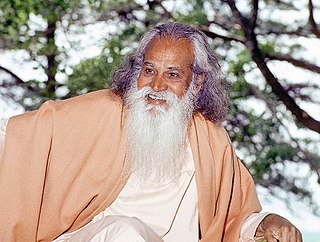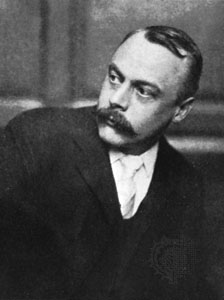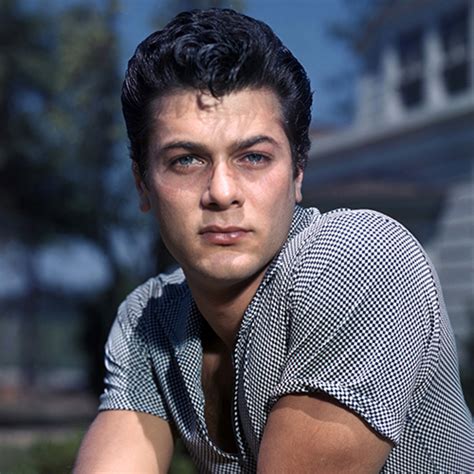A Quote by Louis Agassiz
Lay aside all conceit Learn to read the book of Nature for yourself. Those who have succeeded best have followed for years some slim thread which once in a while has broadened out and disclosed some treasure worth a life-long search.
Related Quotes
I speak as a man of the world to men of the world; and I say to you, Search the Scriptures! The Bible is the book of all others, to be read at all ages, and in all conditions of human life; not to be read once or twice or thrice through, and then laid aside, but to be read in small portions of one or two chapters every day, and never to be intermitted, unless by some overruling necessity.
We all learn best in our own ways. Some people do better studying one subject at a time, while some do better studying three things at once. Some people do best studying in structured, linear way, while others do best jumping around, surrounding a subject rather than traversing it. Some people prefer to learn by manipulating models, and others by reading.
A truly good book attracts very little favor to itself. It is so true that it teaches me better than to read it. I must soon lay it down and commence living on its hint. When I read an indifferent book, it seems the best thing I can do, but the inspiring volume hardly leaves me leisure to finish its latter pages. It is slipping out of my fingers while I read. It creates no atmosphere in which it may be perused, but one in which its teachings may be practiced. It confers on me such wealth that I lay it down with regret. What I began by reading I must finish by acting.
I never go home and take out those business cards and go to those websites. But if there was a mini-comic here in my hand, I'd read it while I ate my lunch. I'm also probably one of the few remaining holdouts who hasn't consented to making the e-book versions of all my work, which is annoying to some of my publishers.
There he got out the luncheon-basket and packed a simple meal, in which, remembering the stranger's origin and preferences, he took care to include a yard of long French bread, a sausage out of which the garlic sang, some cheese which lay down and cried, and a long-necked straw-covered flask wherein lay bottled sunshine shed and garnered on far Southern slopes.
If, in each hour, a man could learn a single fragment of some branch of knowledge, a single rule of some mechanical art, a single pleasing story or proverb (the acquisition of which would require no effort), what a vast stock of learning he might lay by. Seneca is therefore right when he says: "Life is long, if we know how to use it." It is consequently of importance that we understand the art of making the very best use of our lives.
The very cheapness of literature is making even wise people forget that if a book is worth reading, it is worth buying. No book is worth anything which is not worth much; nor is it serviceable, until it has been read, and re-read, and loved, and loved again; and marked, so that you can refer to the passages you want in it.
On rare occasions there comes along a profound original, an odd little book that appears out of nowhere, from the pen of some obscure storyteller, and once you have read it, you will never go completely back to where you were before. The kind of book you may hesitate to lend for fear you might miss its company. The kind of book that echoes from the heart of some ancient knowing, and whispers from time's forgotten cave that life may be more than it seems, and less.
How about Proust's In Search of Lost Time?" Tamaru asked. "If you've never read it this would be a good opportunity to read the whole thing." "Have you read it?" "No, I haven't been in jail, or had to hide out for a long time. Someone once said unless you have those kinds of opportunities, you can't read the whole of Proust.





































